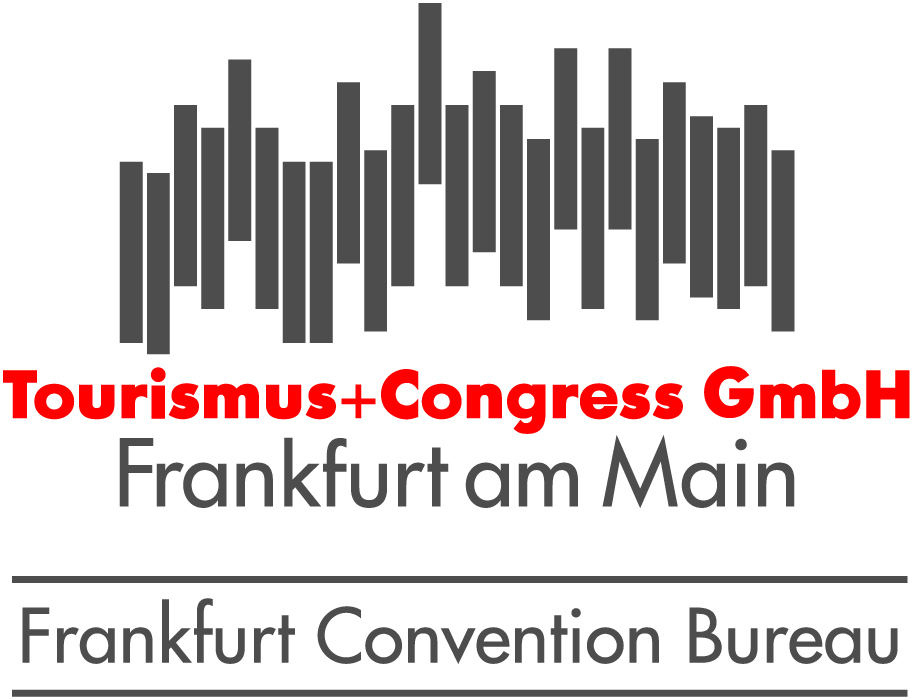On the way to becoming an overall sustainable city, Frankfurt is committed to the health of the population, the preservation of biodiversity, climate protection and climate adaptation.
At the same time, the city is striving to provide affordable housing for the growing number of inhabitants, a good transport infrastructure and sufficient commercial space for a productive economy.
Some of Frankfurt’s ambitious goals include the commitment to becoming climate-neutral by 2035 and being powered almost entirely by renewable sources by 2050. In order to reach these goals, many businesses are already making the switch, including Messe Frankfurt where the Winter Meeting is held! 2020 marked Messe Frankfurt’s switch to 100% renewable energy sources on their exhibition grounds and, since this year, an EMAS certification also demonstrates Messe Frankfurt’s ongoing commitment to sustainability.
To also support other companies and private individuals in implementing climate-friendly projects, Frankfurt launched a funding programme with a budget of 21 million Euros at the end of 2023. Funding is available for green roofs, façades and courtyards as well as cisterns and drinking fountains. In addition, solar systems including mini PV, battery storage and charging stations are financially supported by the City of Frankfurt.
In line with the 17 Sustainable Development Goals (SDGs) defined by the UN, Frankfurt is not only dedicated to ecological sustainability but also takes on social responsibility, e. g. through socio-educational support at vocational schools or municipal employment promotion. The city‘s sustainability report (in German only) provides comprehensive insights into all measures.
Socially and environmentally compatible lifestyles are also supported in Frankfurt. Lust auf besser Leben (‘desire for a better life’) is a non-profit company that wants to make the SDGs an everyday reality by 2030. It promotes local, sustainable action in business and society, through a web guide for sustainable living and shopping, campaigns in the areas of neighbourhood and regional development, and by developing projects on topics such as inclusion, climate protection, ‘plastic-free” and ‘Good Growth’, building a consulting and education portfolio with a special focus on participatory processes.
While Frankfurt is easy to get to by plane – the airport is connected to 300 destinations in over 100 countries, and only an 13 minute train ride away from the city – there are greener ways to get there. Frankfurt Main Train Station is one of Germany’s busiest train stations, servicing more than 1,100 trains daily from numerous national and international destinations. Once you’re in Frankfurt, you’ll find that it’s a compact city, so almost everything is within walking distance. However, you can use the 700 ‘S-Bahn’ commuter trains that operate from the main train station, the U-Bahn (nine routes of combined tram and underground lines) or local buses to take you anywhere in Frankfurt or the surrounding region.
Since mobility is a key factor for greater sustainability, Frankfurt is aligning its transport culture accordingly by 2050. This includes the best possible self-determined participation in transport for all people, taking into account the different mobility needs. Transport should also be organised in an efficient, climate-friendly and urban-friendly manner from an ecological point of view. The good accessibility of Frankfurt and a compatible organisation of all modes of transport serve the economic performance and competitiveness of the city.
During your stay in Frankfurt, you will quickly realise how green the city is. Greenery makes up approximately a third of the city’s urban area, supporting its microclimate and reduces CO2 in the atmosphere. Thanks to the Green Space Office Frankfurt am Main, flower and grass meadows have been planted on verges and traffic islands to combat insect poverty, attracting bees, butterflies and other insects.
Inclusion
The city of Frankfurt is also working towards complete accessibility – both in terms of structural accessibility and barrier-free communication. The aim is for everyone to be able to move around in public spaces. This applies to people with and without disabilities. Parents with baby buggies or travellers with wheeled suitcases also benefit from barrier-free design. As everyone should have the opportunity to obtain information, moreover, the City of Frankfurt is actively working to provide more and more information in accessible communication formats.
With its many benefits, such as its compact size, convenient traffic and transport connections and diversified event infrastructure, Frankfurt is also well capable of satisfying the many different requirements of handicapped event participants. In fact, the city is known to be very accommodating when it comes to serving the needs of disabled persons.


